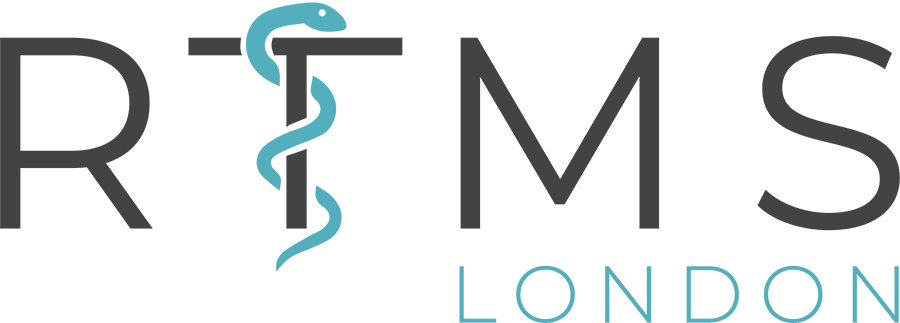
Long Covid 30% More Common Among Hypermobile People, New Study Finds

In a recent study published in BMJ Public Health, researchers from Brighton and Sussex Medical School and King’s College London have shed light on a potential link between hypermobility and long Covid. The study suggests that individuals with hypermobile joints, characterised by excessive flexibility, may be more prone to experiencing prolonged symptoms of Covid-19, including persistent fatigue and fibromyalgia-like symptoms.
Hypermobility, affecting up to 20% of adults, is a condition where some or all of a person’s joints have an unusually large range of movement due to differences in connective tissue structure. While hypermobility can be advantageous, such as in certain sports or musical pursuits, it can also predispose individuals to pain, fatigue, and joint injuries. The recent research indicates that hypermobility may exacerbate the severity and duration of Covid-19 symptoms.
At RTMS London, we specialise in innovative treatments for fibromyalgia and chronic pain. Our clinic offers Repetitive Transcranial Magnetic Stimulation (rTMS), a non-invasive procedure that uses electromagnetic fields to non-invasively and painlessly stimulate specific areas of the brain associated with pain perception and mood regulation. Now, we’re extending our expertise to address the fibromyalgia-like symptoms of long Covid in individuals with hypermobility.
Dr Jessica Eccles, lead researcher of the study, discusses the fact that fibromyalgia is already known to be more common in the hypermobile population, and suggests that Covid may act as trigger for it to begin – “It may be that some of these abnormalities were always there, but Covid unmasked them in a vulnerable person”. The paper goes on to state that people with hypermobility are up to 30% more likely to report lasting health issue after Covid than those who are not hypermobile.
At RTMS London, we recognise the complexity of long Covid and the diverse needs of affected individuals. By understanding the unique challenges faced by hypermobile patients, we tailor our treatment approach to address their specific symptoms and underlying mechanisms. Our rTMS therapy aims to modulate neural circuits associated with pain processing and fatigue, offering targeted relief for fibromyalgia-like symptoms in long Covid patients with hypermobility.

Moreover, Dr Eccles emphasises the importance of identifying subgroups of long Covid patients, such as those with hypermobility, to develop tailored interventions. She suggests that strengthening and supporting core muscles, techniques commonly employed in managing hypermobility-related pain, may also benefit individuals with long Covid. At RTMS London, we integrate evidence-based practices with cutting-edge technologies to deliver comprehensive care for our patients.
In conclusion, the findings of the recent study underscore the need for specialised interventions to address the unique challenges faced by individuals with hypermobility experiencing long Covid symptoms. RTMS London stands at the forefront of this endeavour, offering advanced rTMS therapy to alleviate fibromyalgia-like symptoms and improve quality of life for hypermobile patients recovering from Covid-19. With a multidisciplinary approach and a commitment to patient-centred care, we strive to empower individuals on their journey towards recovery and resilience.
Posted on 18th April 2024
